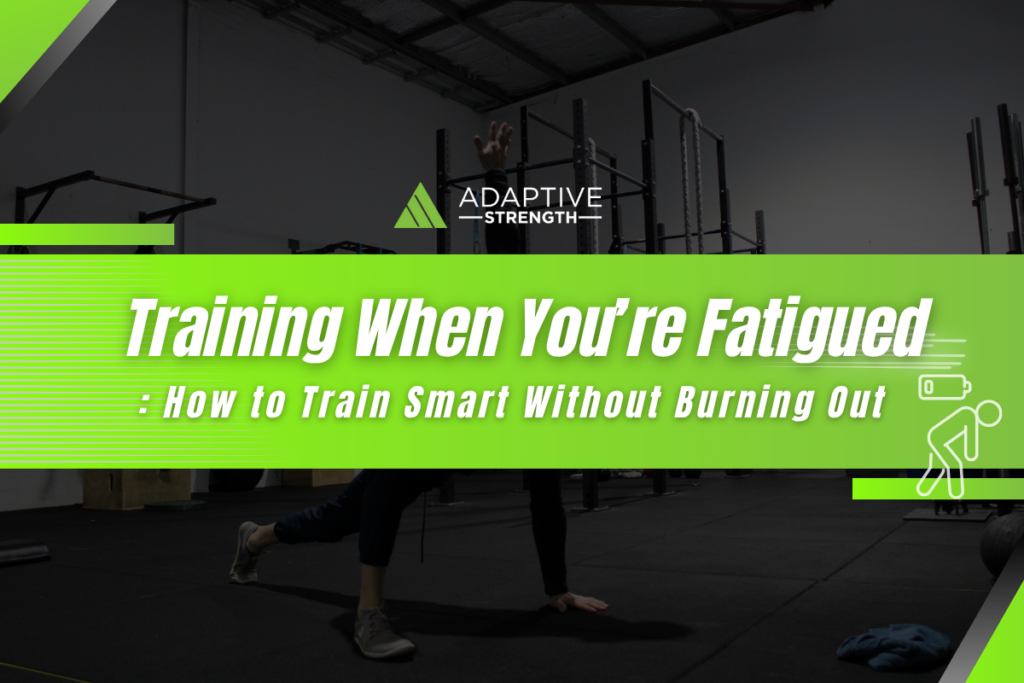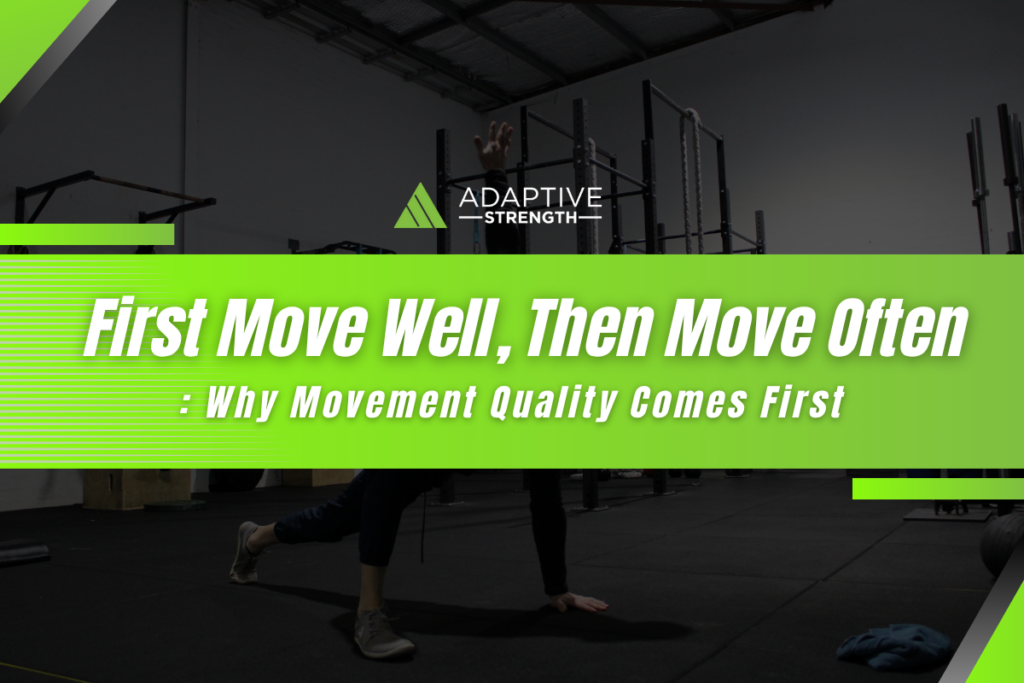Training When You’re Fatigued: How to Train Smart Without Burning Out
At some point, we all feel it — fatigue that makes getting through the day hard enough, let alone getting through a workout. Whether it’s from work stress, poor sleep, parenting duties, or health challenges, the result is the same: low energy, low motivation. But here’s the good news — you don’t have to stop …
Training When You’re Fatigued: How to Train Smart Without Burning Out Read More »


